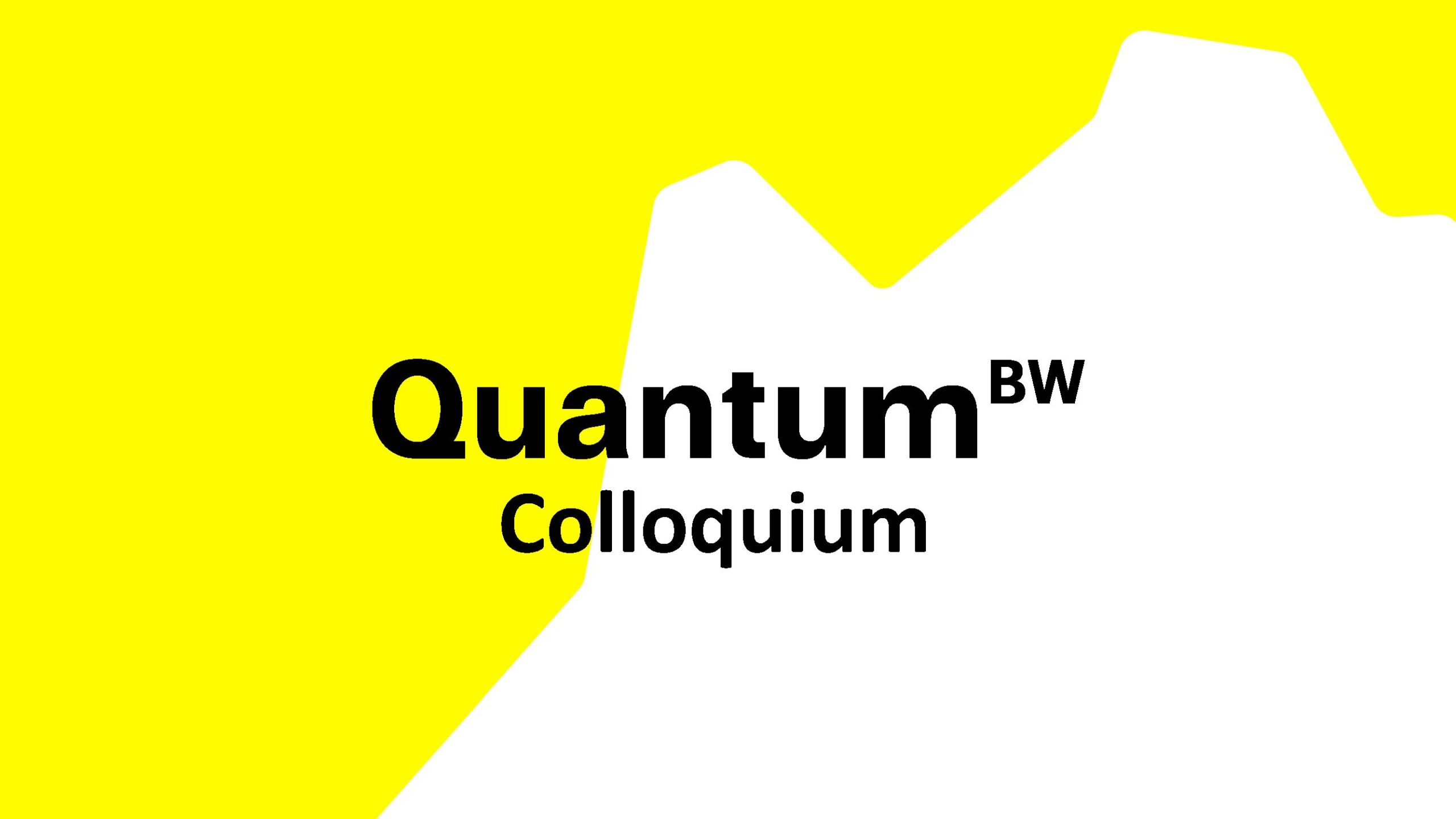
July 11, 2024, Stuttgart, hybrid
QuantumBW Colloquium
The innovation initiative QuantumBW launches the new “QuantumBW Colloquium” on the campus of the Fraunhofer Institute Center Stuttgart. The aim of the colloquium is to promote scientific exchange on hardware and algorithmic topics in the field of quantum computing, to present the latest developments in this research area and to promote the idea of co-development of quantum solutions.
July 11, Prof. Zoë Holmes (EPFL): Does provable absence of barren plateaus imply classical simulability?
A large amount of effort has recently been put into understanding the barren plateau phenomenon. In this perspective talk, we face the increasingly loud elephant in the room and ask a question that has been hinted at by many but not explicitly addressed: Can the structure that allows one to avoid barren plateaus also be leveraged to efficiently simulate the loss classically?
We present strong evidence that commonly used models with provable absence of barren plateaus are also classically simulable, provided that one can collect some classical data from quantum devices during an initial data acquisition phase. This follows from the observation that barren plateaus result from a curse of dimensionality, and that current approaches for solving them end up encoding the problem into some small, classically simulable, subspaces. This sheds serious doubt on the non-classicality of the information processing capabilities of parametrized quantum circuits for barren plateau-free landscapes and on the possibility of superpolynomial advantages from running them on quantum hardware. We end by discussing caveats in our arguments, the potential of smart initializations, and by highlighting new opportunities that our perspective raises.
Join livestream
QuantumBW Colloquium
Time: July 11, 2024Place (hybrid): Institute of Human Factors and Technology Management IAT of the University of Stuttgart, Allmandring 35, 70569 Stuttgart, Room 0.201
Online: Link to the stream
Language: English and German
Further dates
In addition to the question of how the next generation of computers will be realized, it is also exciting to see what next-generation computers can be used for. They have promising applications in cryptography, machine learning and optimization. Due to the currently still noisy, small systems of the NISQ era (Noisy Intermediate Scale), the class of variational quantum algorithms is particularly interesting. These and other topics such as quantum error correction, barren plateaus and quantum advantage will be discussed in the colloquium on the following dates:- July 25
- September 12
- September 26
- October 17
- November 7
- November 21
- December 5
- December 19